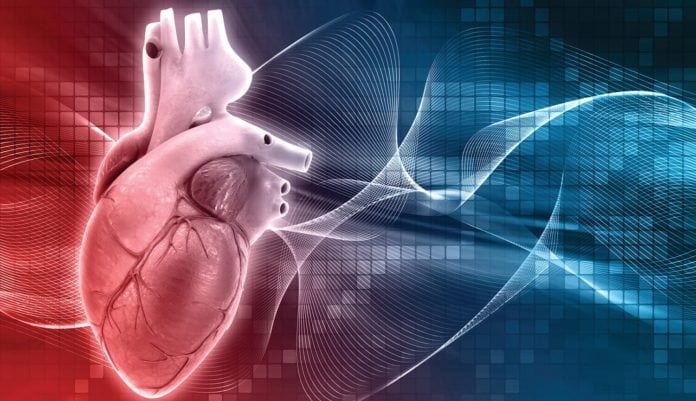This article was Provided by RWJBarnabas Health.
Residents of New Jersey have convenient access to the sophisticated diagnostic, surgical and preventative cardiology services offered by RWJBarnabas Health through a network of local and statewide specialists who work together to bring outstanding, seamless heart care to the residents of New Jersey.
Whether you are in need of treatment for high blood pressure, state-of-the art diagnostic imaging, heart surgery or a heart transplant, our team of award-winning heart care specialists are here, closer to home, helping to build healthier communities.
More from Best of NJ
As New Jersey’s leading cardiac care provider, RWJBarnabas Health performs more heart transplants than any other health care system on the East Coast, and the system recently reached a major milestone, when Newark Beth Israel Medical Center performed its 1000th heart transplant surgery.
The health system is also home to the state’s largest pediatric cardiology and cardiac surgery program and leading specialists in cardiology, vascular disease, and cardiac surgery are at the forefront of innovation in the treatment of coronary artery and valvular diseases, as well as heart rhythm disturbances, vascular disorders, and heart failure.
In addition to offering the latest state-of-the-art, minimally invasive technologies and surgical procedures, RWJBarnabas Health provides a network of cardiac rehabilitation programs and hundreds of preventative and wellness programs designed to strengthen and protect healthy hearts.
Understanding the new blood pressure guidelines
The American Heart Association recently released new guidelines surrounding blood pressure – a condition that typically has no symptoms, but is the second leading cause of preventable death in the United States, behind cigarette smoking. The heart care specialists at RWJBarnabas Health encourage you to partner with your physician to know your blood pressure numbers and proactively address any concerns surrounding your readings.
What is blood pressure?
Blood pressure is the force of your blood pushing against your artery walls. The force is generated with each heartbeat as blood is pumped from the heart into the blood vessels. Each time your heart beats (contracts and relaxes), pressure is created inside the arteries. The pressure is greatest when blood is pumped out of the heart into the arteries or systole. When the heart relaxes between beats (blood is not moving out of the heart), the pressure falls in the arteries or diastole.
Two numbers are recorded when measuring blood pressure. The top number, or systolic pressure, refers to the pressure inside the artery when the heart contracts and pumps blood through the body. The bottom number, or diastolic pressure, refers to the pressure inside the artery when the heart is at rest and is filling with blood.
How does high blood pressure impact the risk for cardiovascular disease?
High blood pressure, or hypertension, directly increases the risk of coronary heart disease (heart attack) and stroke (brain attack). With high blood pressure, the arteries may have an increased resistance against the flow of blood, causing the heart to pump harder to circulate the blood. You can know if your blood pressure is high by having it checked regularly by your health care provider.
Get an accurate reading
To get an accurate blood pressure reading, your health care provider should take your reading when you are at rest and in a sitting position. It should be checked three times during the encounter to ensure you are receiving a proper reading.
The emotions of heart health
Emotional stress causes a negative chain reaction within your body. If you’re angry, anxious, tense, frustrated, frightened, or depressed, your body’s natural response is to release stress hormones called cortisol and adrenaline.
They prepare your body to deal with stress and cause your heart to beat more rapidly and your blood vessels to narrow to help push blood to the center of the body. The hormones also increase your blood pressure.
After your stress subsides, your blood pressure and heart rate should return to normal. If you’re continually stressed out, though, your body doesn’t have a chance to recover and this may damage your artery walls. Stress’s link to high blood pressure and inflammation is dangerous because both are known risk factors for heart disease and other heart problems.
Your heart beats for your husband or wife, your children and grandchildren. It beats for your brothers and sisters and your friends. It beats for everyone who cares deeply about you.
So please, get your heart checked. For them. And for you.
For more information or to make an appointment with one of New Jersey’s top cardiologists or cardiac surgeons, visit rwjbh.org/heart or call 888.724.7123.
All Photos: Provided by RWJBarnabas Health.














